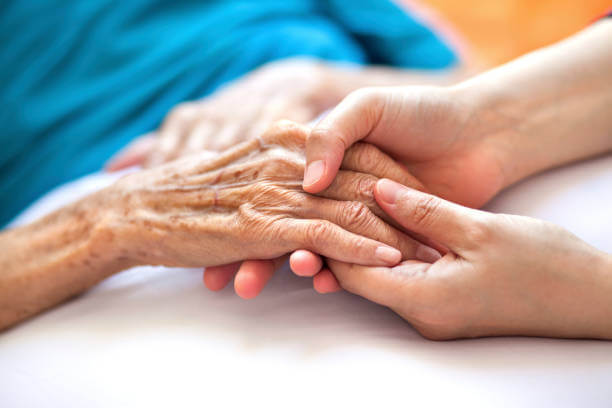Summer is finally here. While many people are firing up their grills, going fishing and pulling down their beach towels, it’s common for caregivers to feel exhausted and lack the desire to be social.
Think you might be suffering from caregiver burnout? Read on to identify the symptoms, and discover tips to help you unwind and enjoy the season.
Here’s ten ways to tell if caregiving is putting too much stress on you, according to the U.S. Department of Health and Human Services:
- feeling overwhelmed
- sleeping too much or too little
- gaining or losing a lot of weight
- feeling tired most of the time
- loss of interest in activities you formerly enjoyed
- becoming easily irritated or angered
- feeling constantly worried
- often feeling sad
- frequent headaches, body pain, or other physical problems
- abuse of alcohol or drugs, including prescription drugs
Here are the Health and Human Services Department recommendations for reducing caregiver stress, so you can get back to enjoying the summer:
- Find out about caregiving resources in your community.
- Ask for and accept help. Be prepared with a mental list of ways that others can help you, and let the helper choose what she would like to do. For instance, one person might be happy to take the person you care for on a walk a couple times a week. Someone else might be glad to pick up some groceries for you.
- If you need financial help taking care of a senior relative, don’t be afraid to ask family members to contribute their fair share.
- Say “no” to requests that are draining, such as hosting holiday meals.
- Don’t feel guilty that you are not a “perfect” caregiver. Just as there is no “perfect parent,” there is no such thing as a “perfect caregiver.” You’re doing the best you can.
- Identify what you can and cannot change. You may not be able to change someone else’s behavior, but you can change the way that you react to it.
- Set realistic goals. Caregivers can break large tasks into smaller steps that you can do one at a time.
- Prioritize, make lists, and establish a daily routine.
- Stay in touch with family and friends.
- Join a support group for caregivers in your situation, such as caring for someone with dementia. Besides being a great way to make new friends, you can also pick up some caregiving tips from others who are facing the same problems you are.
- Make time each week to do something that you want to do, such as go to a movie.
- Try to find time to be physically active on most days of the week, eat a healthy diet and get enough sleep.
- See your doctor for a checkup. Tell her that you are a caregiver and tell her about any symptoms of depression or sickness you may be having.
- Try to keep your sense of humor.
Caregiverlist offers a wealth of resources for caregivers. Caregiverlist’s Community section provides an opportunity for caregivers to share their story, and become inspired by stories submitted by other caregivers.
http://www.blogcatalog.com/directory/health







